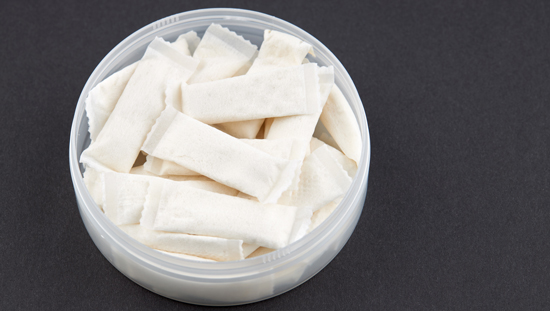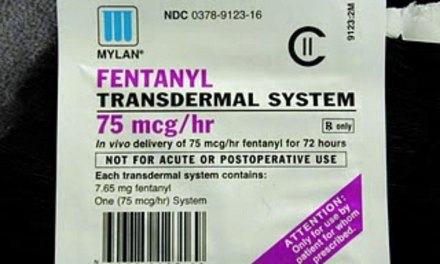This was in the news recently, reprinted from The Washington Post:
Decoding the many meanings of Zyn nicotine pouches
So now we learn that many of the more conservative (politically) members of Congress are fierce advocates for nicotine pouches, of which Zyn is simply the best known. Zyn is the pride and joy of Philip Morris International, the nation’s largest tobacco company. If you’ve been reading about a decline in teen vaping, just know that it’s partly offset by a sharp increase in use of nicotine pouches.
The fact is that Zyn is now so popular that Senate Majority Leader Chuck Schumer wants to tax it at a higher rate– the way we do with tobacco and alcohol.
That earned plenty of pushback from conservatives in Congress.
“Come and take it, Chuck,” Sen. Thom Tillis (R-N.C.) wrote on X. “This calls for a Zynsurrection!” wrote Rep. Marjorie Taylor Greene (R-Ga.).
Turns out that ‘pouching’ with nicotine is particularly widespread among young Republicans, who seem to think it’s a very manly thing to do.
The Vox website took a closer look at that.
From the standpoint of the tobacco industry, Zyn and its peers are simply, as they put it, “…part of a long-term strategy …to move from the ‘combustible’ to the smokeless.” Indeed, Zyn’s advertising emphasizes that the product is tobacco-free.
The nicotine it contains is synthetic, see? So technically, it’s not tobacco.
Still highly addictive, of course, but we won’t mention that in the ad.
Of course, Zyn is also a stimulant. Allegedly, a single pouch provides a substantial energy boost that can last for an hour or so, before it needs to be replaced. Politicians depend on artificial energy sources like this.
A quote from a political consultant: “A man with nicotine, protein, caffeine, and creatine coursing through his veins is an unstoppable force.”
Or at least, he thinks he is.
It’s an odd way to talk about a slug of nicotine salt slotted between one’s upper lip and gum. The way devoted users rhapsodize about Zyn reminds me of people addicted to other common drugs.
“Don’t worry, I can stop anytime I want,” one user insisted. “I don’t believe I’m addicted to it.”
No, I bet he doesn’t. It’s the sort of thing you tell yourself when you’re deep in the weeds with an addictive substance: I could stop. I just don’t want to.
According to the article, there is now online support from former users for people who decide they’ve had enough. Good for them. There are legitimate health reasons for doing just that.
I’ll close with a link to a good overview of the health aspects of pouch use from the folks at Johns Hopkins Bloomberg School of Public Health.













